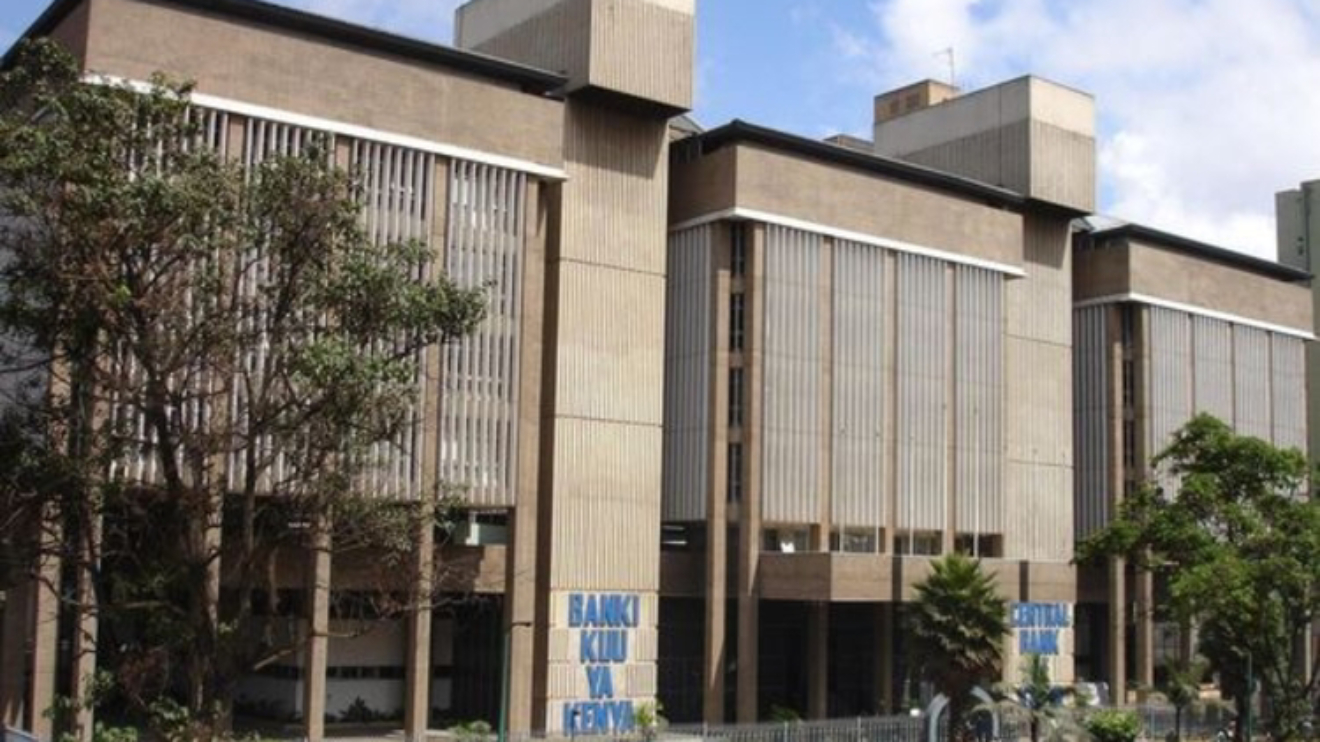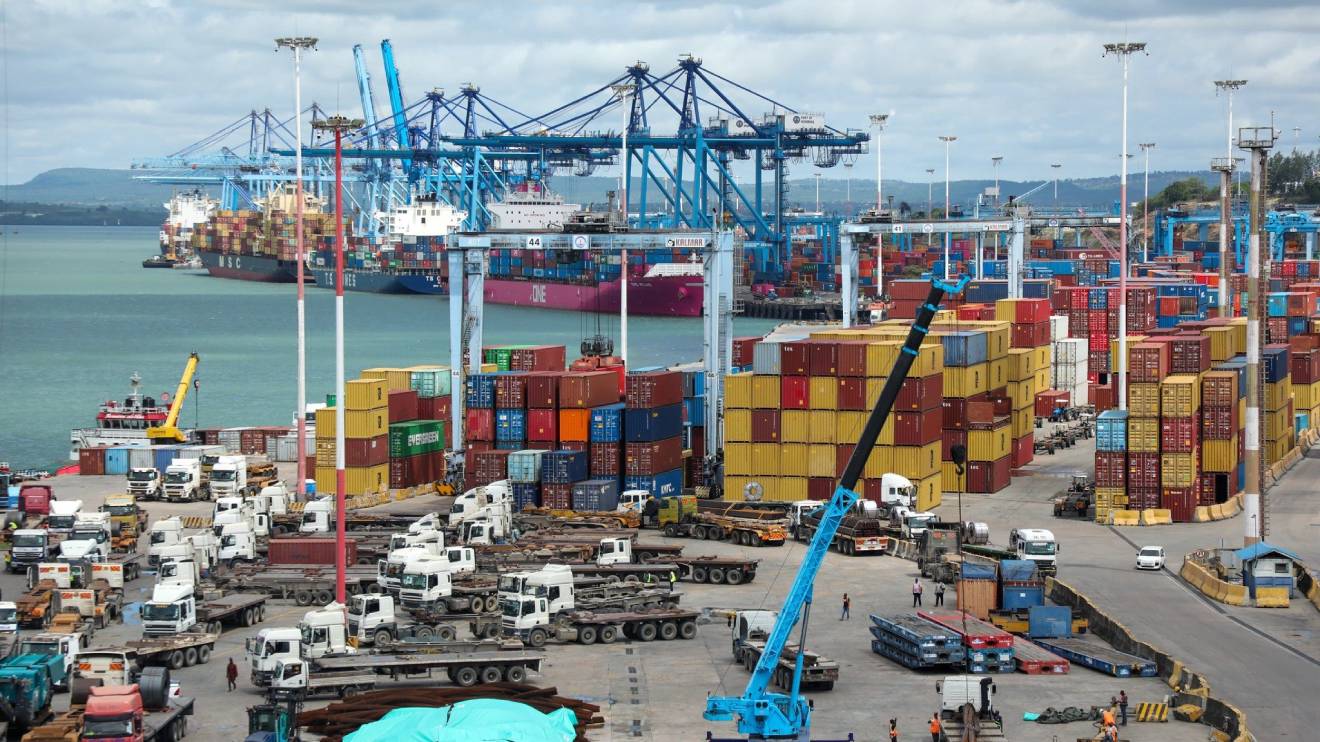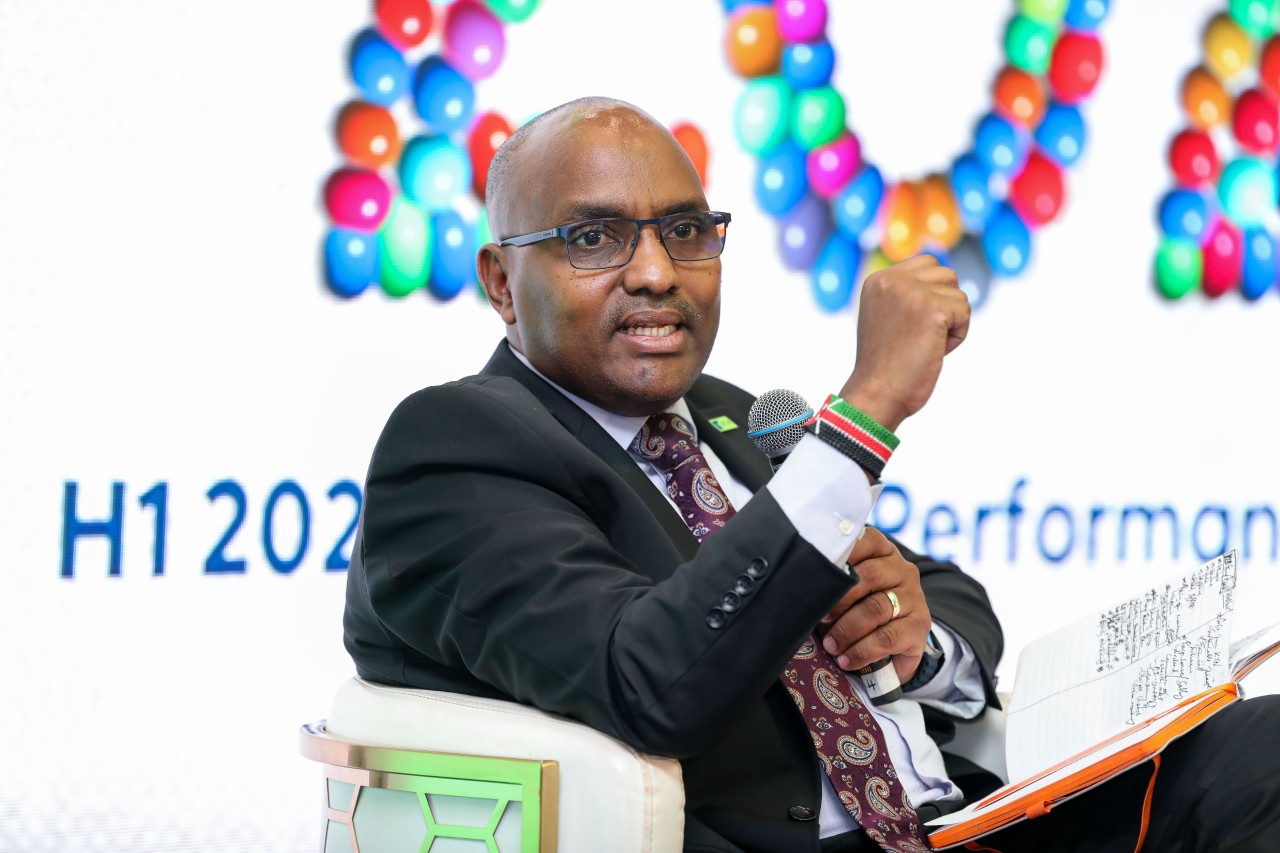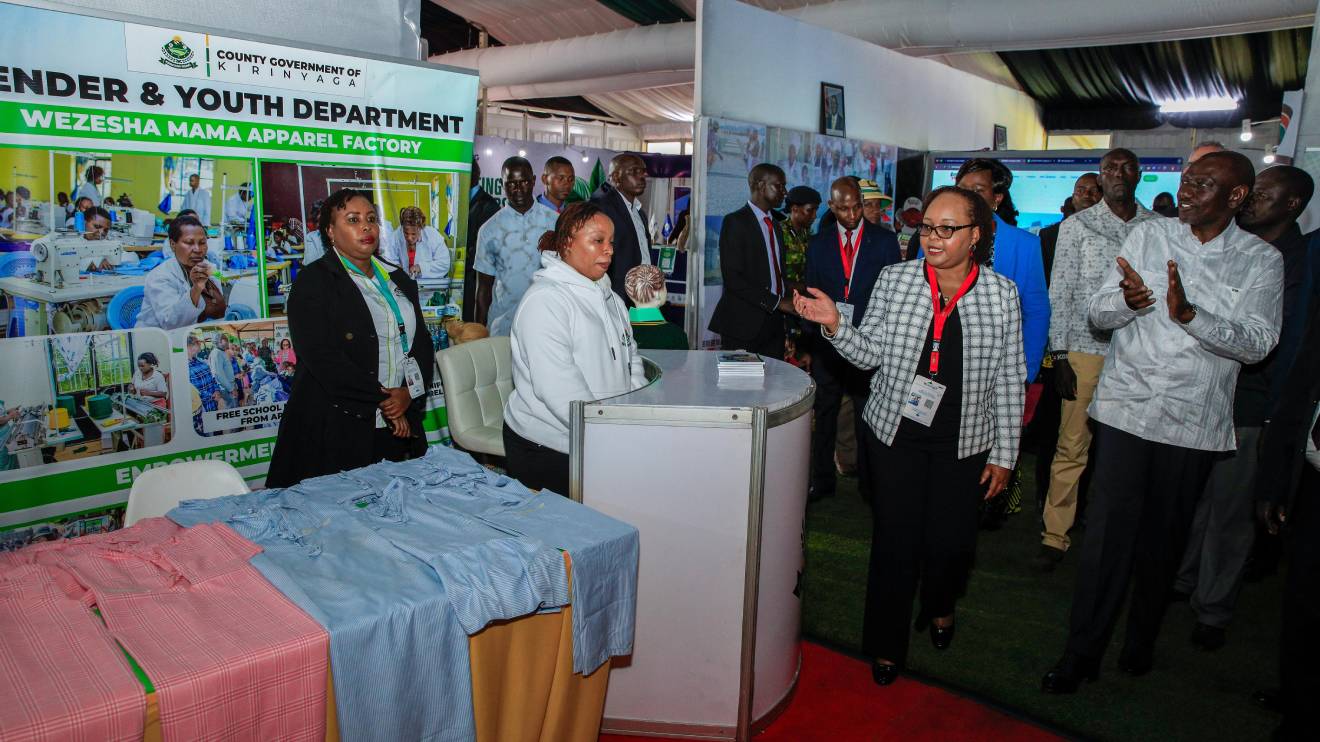When M-Pesa “came home” in 2015, its freshly localized platform could handle what seemed like a staggering 616 transactions per second.
Back then, even Safaricom’s top tech minds thought it was a big deal.
Fast forward to today, and the mobile money giant is already cruising at 4,000 transactions per second (TPS), processing the equivalent of Kenya’s entire population transacting every 12 seconds.
And the telecommunications company is just getting started.
By April 2026, the telco plans to push that figure to 6,000 TPS, before hitting a blistering 8,000 TPS by the end of the year, more than 13 times the capacity of 2015.
Read More
“When M-Pesa came home, we thought 616 TPS was really high,” recalled Felix K. Rop, Safaricom’s Head of Financial Services Technology.
He added: “Today, 4,000 TPS is our reality, and the future is even bigger.”
How Big?
At current capacity, M-Pesa can already process:
• 4,000 per second
• 240,000 per minute
• 14.4 million per hour
• 345.6 million per day
• 2.4 billion per week
• 125.8 billion a year
Even at 1AM on a weekend, when most Kenyans are asleep, M-Pesa still hums along at 300 transactions per second.
Under the Hood
Safaricom is overhauling M-Pesa into a 100 per cent cloud-native, active-active architecture, meaning it can scale faster, switch traffic instantly, and withstand outages with zero downtime.
Today, the platform runs on 700+ servers spread across three environments; one for production and two for disaster recovery.
This allows for:
• Automatic database failover in under 1 minute
• Site-wide traffic rerouting in under 4 minutes
It also powers 45,000 integrations, supports 100,000 developers, and serves more than 10 internal systems like Zidisha and Fuliza.
“We’re building for tomorrow’s demand, not just today’s,” Felix says. “The new M-Pesa will be highly configurable, secure, resilient-built for the future of digital finance in Africa.”
With nearly two system upgrades every month, M-Pesa keeps evolving without ever skipping a beat.
And considering that one minute of downtime could affect 240,000 customers, the stakes, and the engineering, could not be higher.








